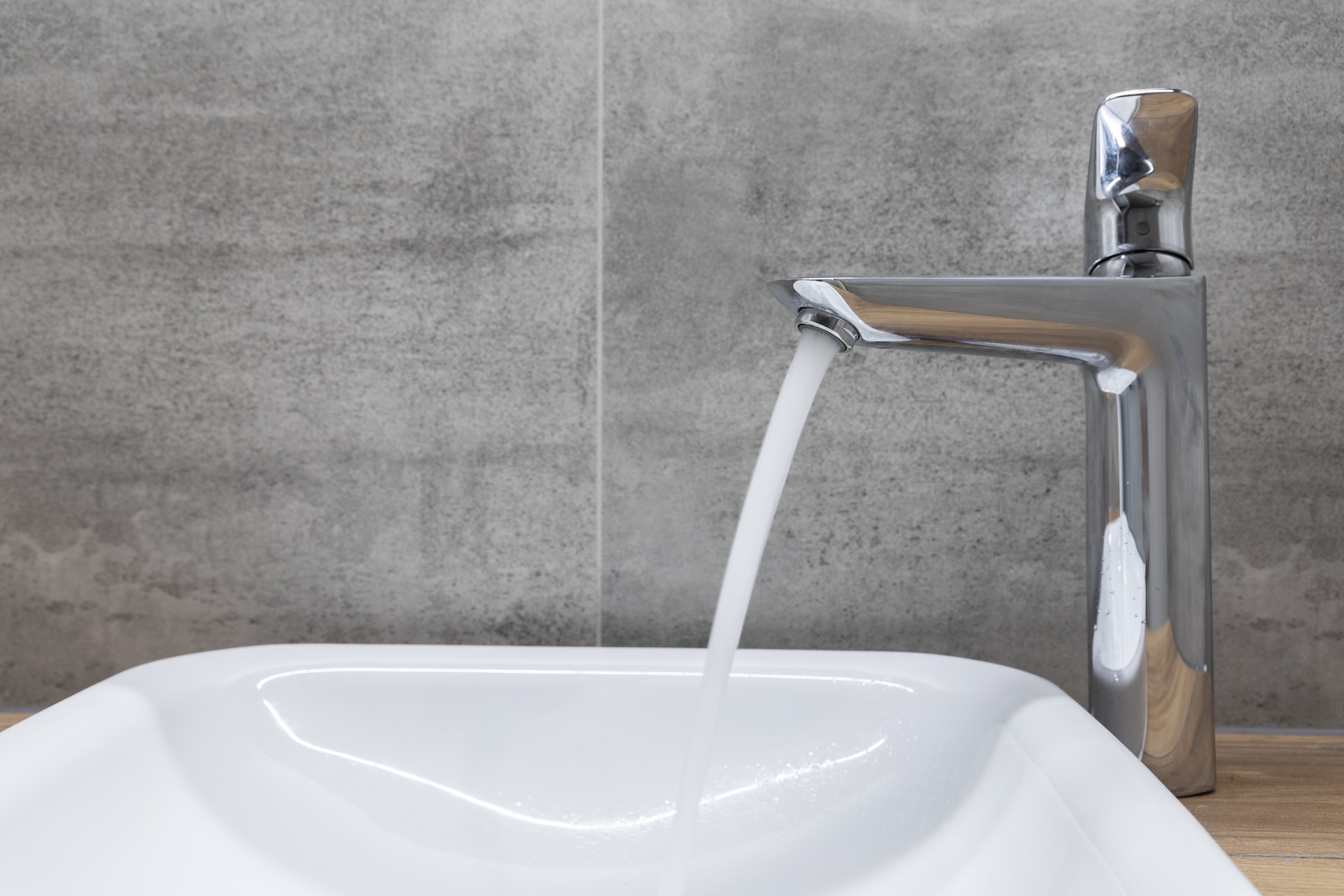Hot water is one of those everyday comforts most people can’t imagine living without. From morning showers to washing dishes at night, we rely on a consistent supply to keep our homes running smoothly. Yet, traditional systems often waste energy and money by heating water when it’s not needed. Fortunately, there are smarter ways to enjoy endless hot water without unnecessary energy use. By upgrading your equipment, adjusting your habits, and maintaining your setup, you can make your hot water systems more efficient while still enjoying long, relaxing showers.
Understanding How Hot Water Systems Work
Most homes use either storage or instantaneous (tankless) hot water systems. Storage systems heat and store a set amount of water in a tank, keeping it hot until you need it. This design ensures a ready supply, but it also means constant reheating as the water cools, which wastes energy even when no one is using it. Instantaneous systems, on the other hand, heat water on demand as it passes through the unit, so there’s no standby loss.
Understanding the type of system you have is the first step to improving efficiency. Each system has its advantages, but also different opportunities for saving energy and improving performance.
Upgrade to an Energy-Efficient System
If your current setup is over a decade old, upgrading could dramatically reduce your energy use. Modern hot water systems are far more efficient than older models, especially those that use renewable energy sources.
1. Heat Pump Systems
Heat pump systems work like reverse air conditioners. They use the warmth from the air to heat water rather than generating heat directly. This process uses up to 70% less electricity than traditional electric units. While they can be more expensive upfront, the long-term energy savings make them an excellent choice for homeowners looking to lower power bills.
2. Solar Hot Water Systems
In sunny areas, solar systems are a powerful way to cut energy use. Panels on your roof absorb sunlight and convert it into heat, which warms the water stored in a tank. Most setups include an electric or gas booster for cloudy days, ensuring you never run out. Once installed, solar systems can reduce your energy bills significantly and have minimal environmental impact.
3. Instantaneous or Tankless Systems
If your priority is endless hot water, a tankless system is hard to beat. These units heat water only when you turn on a tap, providing a constant flow without wasting energy on storage. Because they heat water as needed, they’re highly efficient and can be paired with gas or electricity depending on your setup.
Set the Right Temperature
Many households unknowingly waste energy by setting their hot water systems too high. The ideal storage temperature is typically around 60°C, while water delivered to taps and showers only needs to be around 50°C. Reducing your temperature by even a few degrees can lower your energy use without sacrificing comfort. If your system has a thermostat, make sure it’s adjusted properly and not located near a heat source that could cause inaccurate readings.
Insulate Pipes and Tanks
Even the most efficient system can lose heat if your pipes and tank aren’t properly insulated. Heat escapes as water travels through uninsulated pipes, especially if they run through cold areas like under floors or along external walls. Wrapping pipes and tanks with insulation materials helps keep water hot for longer, reducing the need for reheating and cutting energy consumption. It’s a simple and inexpensive upgrade that can make a big difference.
Maintain Your System Regularly
Regular maintenance keeps your system running efficiently and extends its lifespan. Sediment buildup inside tanks can reduce heating efficiency and cause elements or burners to work harder. Annual flushing helps clear these deposits. For gas systems, make sure burners are clean and functioning correctly. Electric systems should have their anode rods checked to prevent corrosion. Keeping your system serviced by a licensed professional ensures it runs at peak efficiency and helps prevent unexpected breakdowns.
Use Water Wisely
Your habits also play a major role in conserving energy. Long showers, running half-full dishwashers, and washing clothes in hot water all increase your energy consumption. Try installing water-efficient showerheads and taps, which reduce flow without compromising pressure. Washing clothes in cold water and using short wash cycles for lightly soiled items also help conserve both water and power.
If your household uses a lot of hot water at once, consider staggering usage. Running multiple taps or appliances simultaneously can overload the system, forcing it to work harder. Spacing out showers, laundry, and dishwashing gives your system time to recover and operate efficiently.
Smart Technology and Timers
Technology can help you fine-tune how and when you use hot water. Smart controllers and timers allow you to set heating schedules, ensuring your system only operates when needed. For example, you can schedule your system to heat water just before your morning routine or evening showers, avoiding unnecessary heating during the day or night.
Some modern systems also connect to smart home apps, giving you full control over temperature and usage data from your phone. This insight helps you monitor energy consumption and make small adjustments that lead to long-term savings.
Consider Water Recirculation Systems
If you often wait for hot water to reach your taps, a recirculation system can help. These systems keep hot water circulating through your pipes so that it’s available instantly when you turn on the tap. When paired with motion sensors or timers, they can deliver hot water quickly without constant operation, reducing both waste and waiting time.
Final Thoughts
Getting endless hot water without wasting energy is all about choosing the right system and using it wisely. Whether you switch to a solar setup, install a heat pump, or upgrade to a tankless model, these hot water systems are designed to balance comfort with efficiency. Combine that with proper maintenance, smart controls, and mindful water use, and you’ll enjoy reliable, sustainable hot water for years to come, all while keeping your energy bills in check.




Be First to Comment